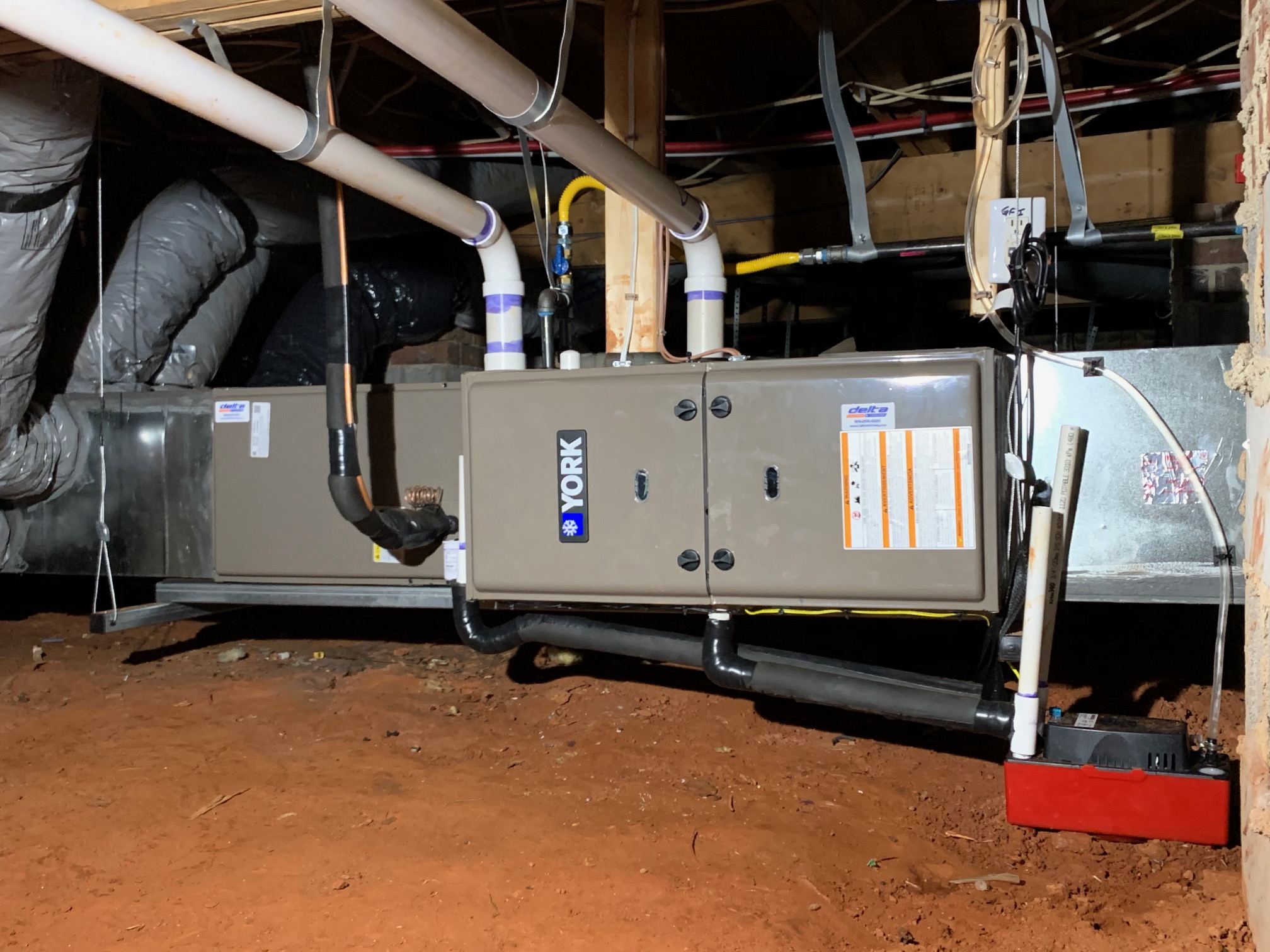Maintaining your heating, ventilation, and air conditioning (HVAC) system is crucial for ensuring its efficiency and longevity. An often overlooked aspect of home care, HVAC maintenance is essential, particularly for your heating system as it prepares to take on the winter months. It’s recommended to schedule a professional inspection and tune-up of your heater at least once a year, ideally before the onset of cold weather. Such preventative maintenance not only contributes to lower heating costs but also provides an opportunity to identify and rectify potential issues early on. For instance, discovering a malfunctioning heater or a compromised gas line before winter can prevent inconvenient or hazardous situations, ensuring your home remains warm and safe throughout the season.
Optimizing Your Thermostat for Savings
A simple yet effective strategy to reduce heating expenses is to set your thermostat to an optimal temperature. During winter, maintaining a setting around 68 degrees Fahrenheit strikes a balance between comfort and efficiency. Lowering the thermostat setting can significantly ease the workload on your heating system, leading to cost savings. For added convenience and efficiency, consider investing in a programmable thermostat. This device automatically adjusts the temperature based on your schedule, further enhancing energy savings, especially when the house is unoccupied.
Leveraging Natural Heat Sources
Maximizing the use of natural sunlight can substantially decrease heating costs. During daylight hours, open curtains or blinds on south-facing windows to allow sunlight to warm your home naturally. Conversely, closing window coverings at night helps retain heat, reducing the demand on your heating system. This simple practice leverages the sun’s free energy, contributing to a more sustainable and cost-effective home heating approach.
Enhancing Home Insulation
Proper insulation is a cornerstone of energy efficiency, particularly in preparing your home for winter. Starting with the attic, where heat loss can be significant, is both an affordable and effective strategy. Attic insulation projects offer a high return on investment by significantly reducing heat escape. Additionally, consider insulating crawl spaces, basement walls, and other areas prone to heat loss. While wall insulation can be more challenging and costly, consulting with a professional contractor can help you assess the potential benefits and determine whether it’s a worthwhile investment for your specific situation. Proper insulation can lead to savings of up to 20% on heating bills, making it a critical component of home energy efficiency.
Adopting these HVAC maintenance and energy-saving strategies can lead to substantial savings on your heating bills and contribute to a more comfortable and sustainable living environment. Regular maintenance, optimal thermostat settings, taking advantage of natural heat, and enhancing home insulation are practical steps that can make a significant difference in your energy consumption and costs. By preparing your home for winter through these measures, you can enjoy a warm, efficient, and safe season.

